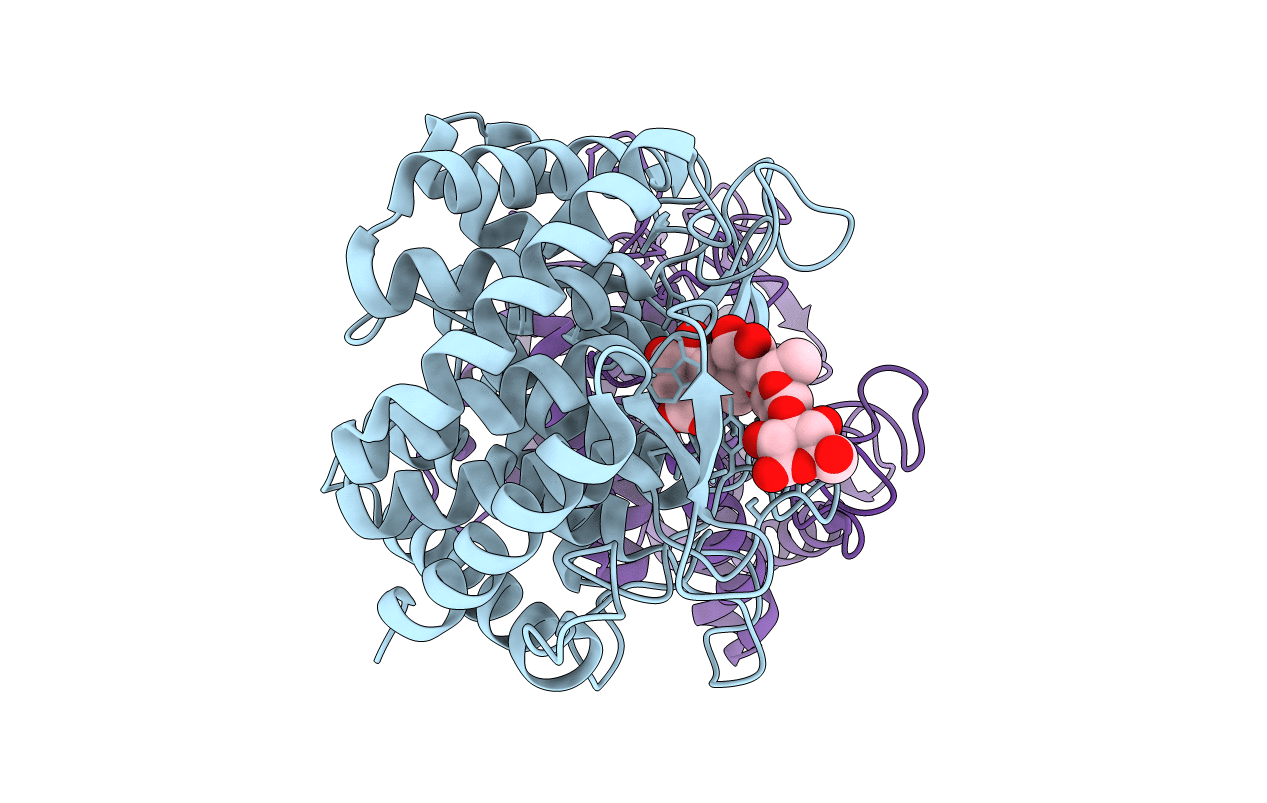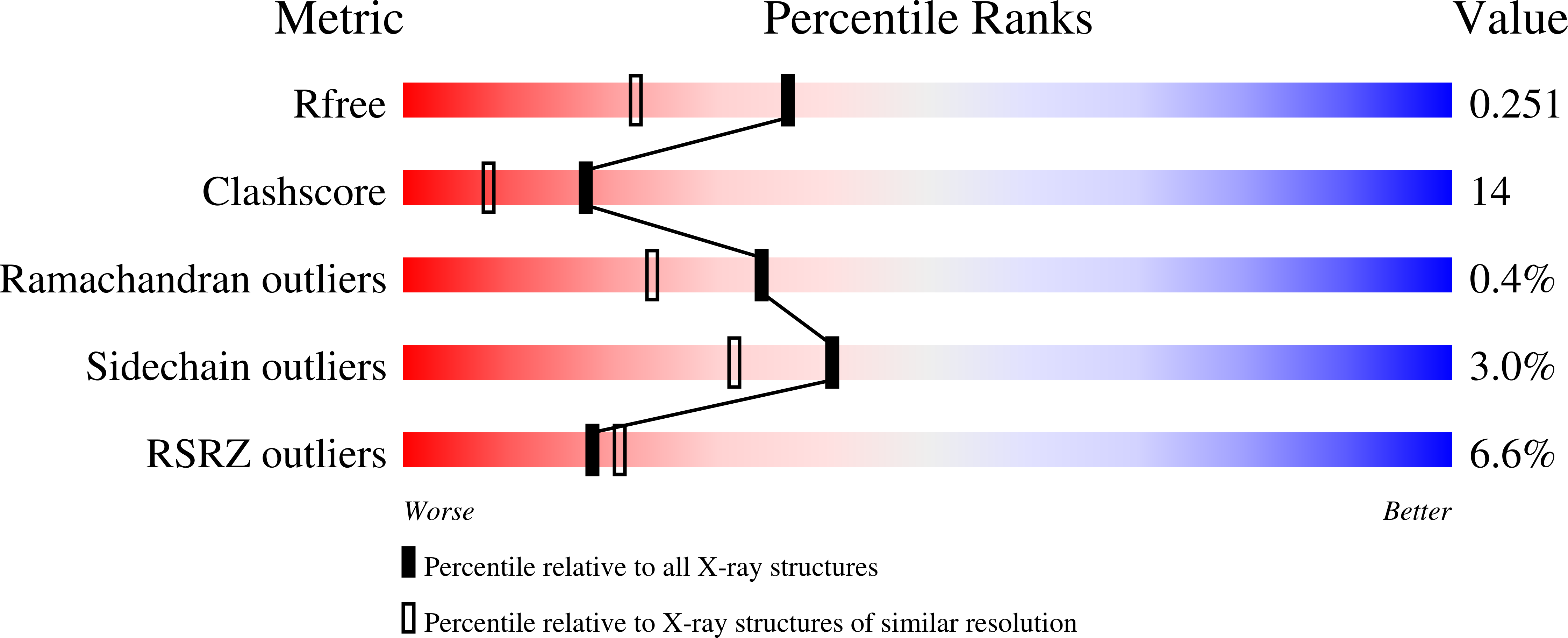
Deposition Date
2006-01-28
Release Date
2006-05-30
Last Version Date
2024-12-25
Entry Detail
Biological Source:
Source Organism(s):
Bacillus sp. (Taxon ID: 84635)
Expression System(s):
Method Details:
Experimental Method:
Resolution:
1.91 Å
R-Value Free:
0.25
R-Value Work:
0.19
R-Value Observed:
0.19
Space Group:
P 21 21 21


